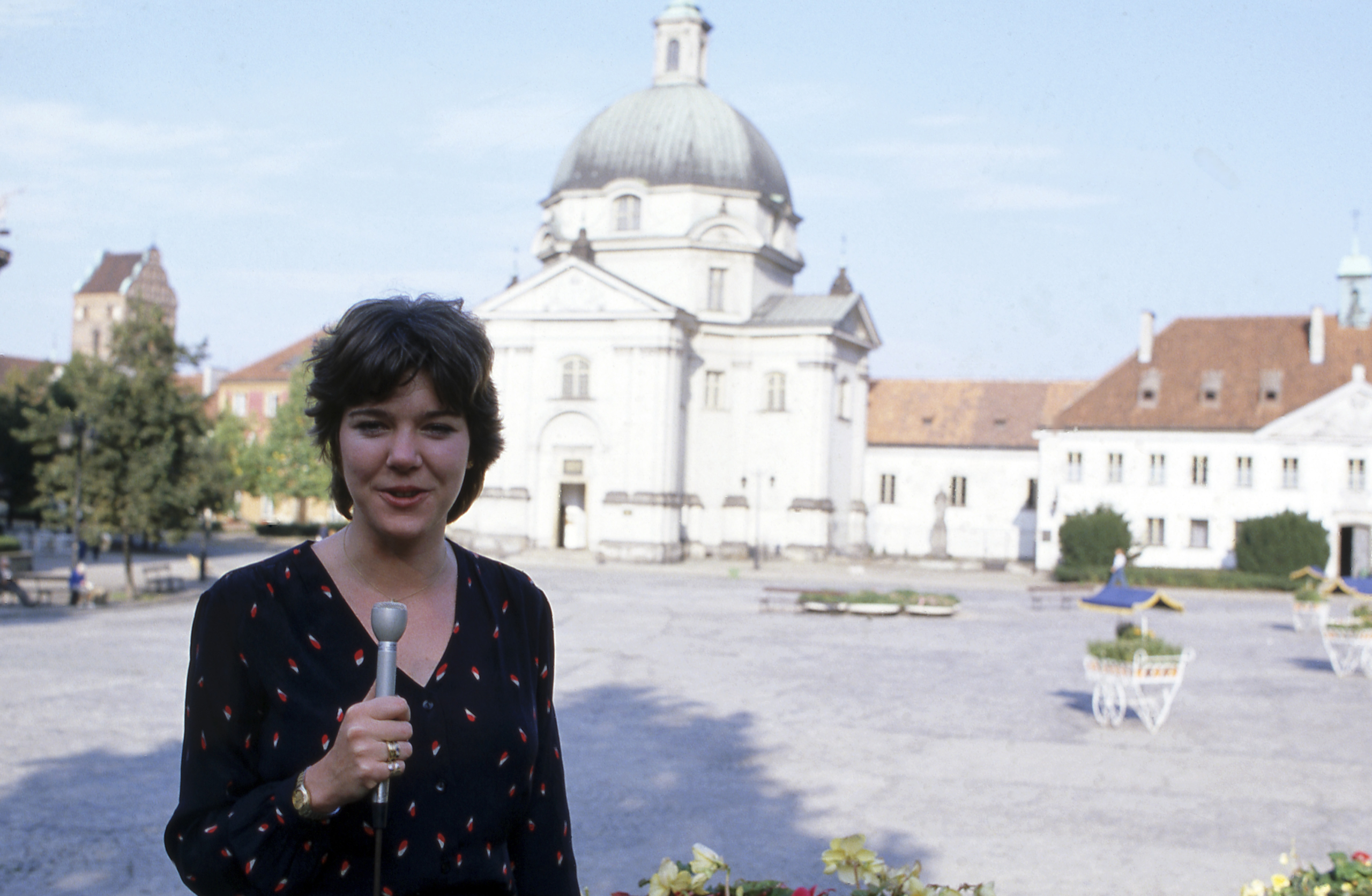Sign up for the daily CJR newsletter.
Throughout her long career with National Public Radio, Anne Garrels traveled to conflict zones, including Russia and Iraq. When she returned home, to an idyllic existence in Norfolk, Connecticut, where she gardened, swam in the lake, spent time with her husband, Vint Lawrence, and went for walks with her beloved chocolate Labs, she didn’t cover the US. The only journalistic work she routinely undertook here was to prepare for her next deployment.
Annie—as she was known—died a year ago from lung cancer. Her good friend and former NPR colleague Ann Cooper and I teamed up with the Haystack Book Festival, which takes place each year in Norfolk, and invited two great authors, conflict reporters, and friends of Annie to share their thoughts on her. They are Atlantic staff writer George Packer and Elizabeth Becker, war correspondent in Cambodia, former NPR foreign editor, and author of You Don’t Belong Here: How Three Women Rewrote the Story of War.
Bucolic Norfolk, its hills dappled with fall color, is a strange place from which to reflect on the savagery of war—or the future of American politics. But that’s what a discussion of Garrels’s legacy compelled us to do.
After covering the Iraq War, Packer transitioned to reporting on the United States, including deindustrialization and social dislocation, which he chronicled in The Unwinding: An Inner History of the New America. Packer recalled meeting Garrels in Baghdad. “I don’t know why she was nice to me,” he said. Once they became friends, Packer visited her frequently in Norfolk.
Garrels, Packer recalled, was fearless in covering combat. But she was always more interested in “the human beings who were in the middle of it.” She also had a unique ability, through her storytelling, to get “Americans interested in things they didn’t think they were interested in.”
In her coverage of war, Garrels was deeply fair, and deeply committed to the facts, but was hardly dispassionate. She would aggressively defend her most deeply held views—as Becker, her editor, affirmed—and sometimes exceeded her role as a journalist.
As a correspondent in Russia, she helped smuggle out documents for Soviet Jews seeking to immigrate to Israel. She personally delivered some to Israeli prime minister Golda Meir in secret meetings, Anne’s brother John recalled after her death.
After Russia’s February 2022 invasion of Ukraine, Garrels insisted she was going back to the front lines to cover the war. “She finally abandoned the idea when she realized she wasn’t strong enough anymore to even carry her suitcase, let alone spend weeks reporting from a war zone,” said Cooper. Instead, she helped launch a charity, Assist-Ukraine, that has raised money for an orphanage and flak jackets and helmets for frontline troops, among other things.
Inevitably the discussion turned from the coverage of war to the coverage of American politics and the role of journalism in our country’s democracy. In considering a possible second Trump presidency, Packer argued that political reporters, like war correspondents, must ultimately come to terms with their inability to shape the events they cover. “No journalist is going to sweep in and end the second Trump term with a Woodward-and-Bernstein type scoop,” Packer noted. That’s not possible, he added, “when half the country thinks we’re lying.”
There’s no escaping that reality. But a consideration of Garrels’s life and body of work suggests a path forward.
Cover the conflict (or the politics)—but focus on the people. Tell their stories with compassion and sympathy. Try to understand their motivations even when you disagree. Find the best available local knowledge, and let it inform your understanding. Remember it’s your job to make people care. Recognize the limits of your role and be humble about what you can change. Never forget that your primary function is to bear witness, and never lose confidence in the value of doing so. These are the essential values of our profession, the ones that guided Anne Garrels throughout her long career. And they are the ones that must endure now that she is gone.
Has America ever needed a media defender more than now? Help us by joining CJR today.







